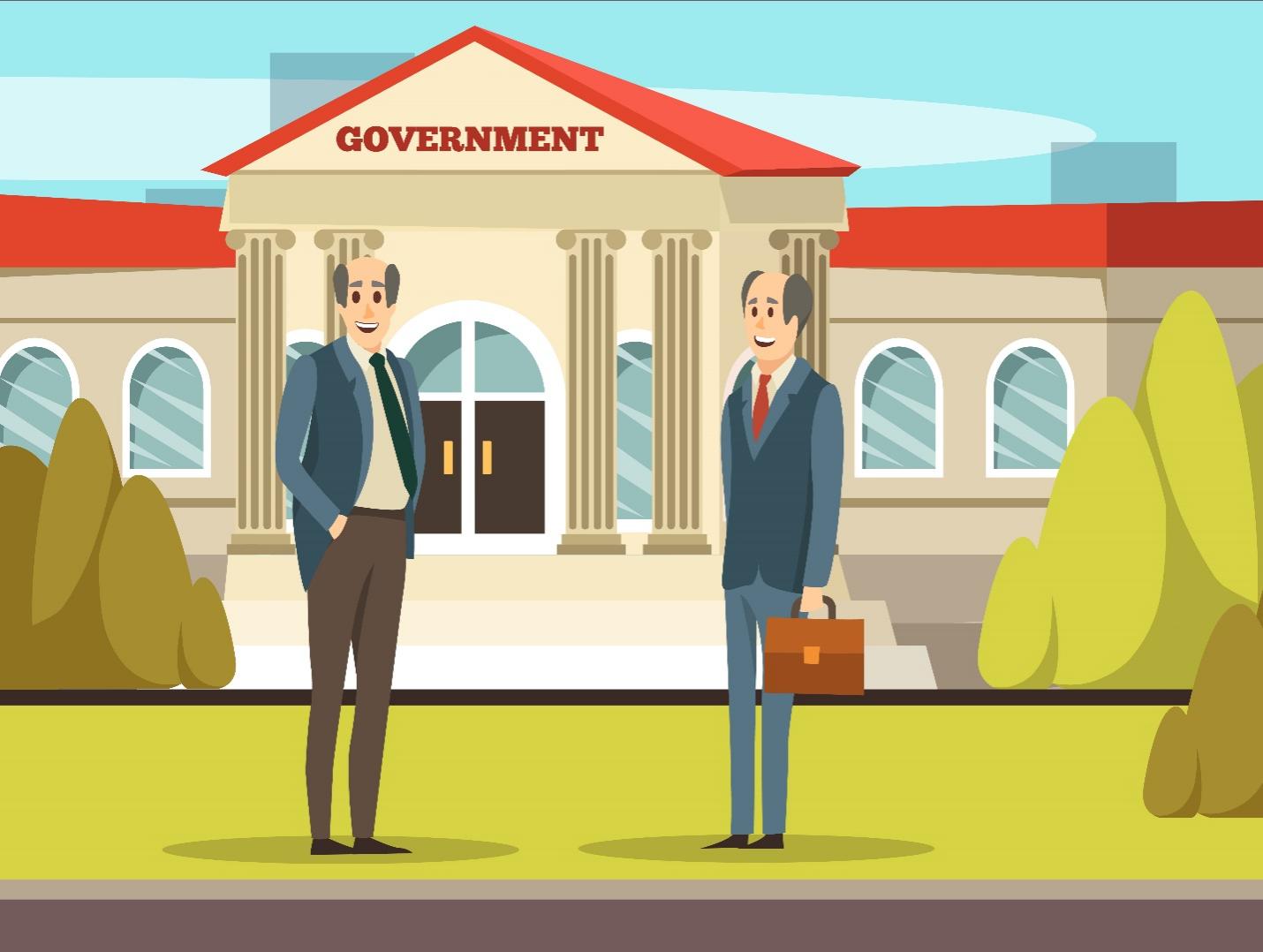The Consequences of Filing Your Taxes Late or Not Filing Them at All
Triston Martin
Oct 02, 2023
Filing taxes may not be everyone's favorite task, and it's tempting to put it off. However, delaying or completely avoiding filing your taxes can have serious consequences. Whether you miss the deadline or don't file at all, you may face penalties, interest on unpaid taxes, and even legal actions.
It's crucial to understand the potential impacts of late tax filing or not filing to stay compliant with the tax laws and minimize financial setbacks. Let's explore what could happen if you delay this important responsibility.
Signs You Might be Filing Your Taxes Late
Filing taxes is a task many people dread, and sometimes, it's tempting to put it off. Here are signs you might be filing your taxes late and the reasons behind them:
Last-Minute Rush
The last-minute rush to complete your tax return is a telltale sign of procrastination. When life gets hectic, it's easy to push tax preparation to the backburner until the deadline is looming large. However, procrastination can lead to mistakes and added stress, so it's best to plan and tackle your taxes in a timely manner.
Missed Deadline
Missing the tax deadline is a straightforward indicator of being late in filing your taxes. When the due date passes without you having filed, it's essential to take prompt action to catch up and avoid potential penalties or issues with tax authorities.
Complex Finances
Your tax situation might be more intricate than the standard. Maybe you have multiple income streams, investments, or run a small business. These complexities demand extra time for accurate reporting.
Life Changes
Major life events like getting married, divorced, having a child, or buying a house can significantly impact your taxes. Adjusting to these changes often causes delays in filing as you navigate the new financial landscape.

Financial Stress
Experiencing significant tax debt can be emotionally and financially stressful. The weight of this financial burden often leads to procrastination as individuals hope for improved financial circumstances that may not materialize as quickly as needed. This delay can further compound their tax-related stress.
Fear of Errors
The intricate nature of the tax code can be intimidating, and the fear of making a mistake can lead to procrastination. People may delay filing because they worry about errors that could potentially result in financial repercussions.
Hoping for the Best
Sometimes, people don't procrastinate but rather optimistically assume that the IRS won't detect their late filing. This hopeful attitude can lead to penalties and interest charges on any outstanding tax debts.
The key is to recognize these signs and take action. If you're overwhelmed or uncertain about the process, seeking guidance from a tax professional can alleviate the stress and ensure you meet the tax deadline.
Remember, timely filing is in your best interest to avoid penalties and maintain your financial peace of mind.
Consequences of Filing Your Taxes Late
Filing taxes late can have a range of consequences, and it's essential to understand these to avoid unnecessary complications with the IRS. Let's cover the possible outcomes of filing your taxes after the due date.
Accumulating Penalties and Interest
Filing taxes late triggers a cascade of financial consequences. The IRS imposes penalties starting at 5% of the unpaid taxes for each month past the due date, up to a maximum of 25%. Additionally, interest compounds on the outstanding balance, making the overall debt grow substantially over time.
Forfeiting Your Refund
Filing your taxes late comes with consequences, including forfeiting your tax refund. If you're owed a refund, the government will withhold it. Additionally, if you delay filing for three years, you lose the opportunity to claim the refund entirely, effectively relinquishing any money you might have received.
Ineligibility for Valuable Tax Credits
Failure to file your taxes on time can have consequences beyond penalties and interest. It can make you ineligible for valuable tax credits like the Earned Income Tax Credit (EITC) and the Additional Child Tax Credit, which are refundable and can lead to substantial refunds. Timely filing is crucial to ensure you don't miss out on these financial benefits.
Impact on Government Assistance
Many government assistance programs utilize tax return data to determine eligibility and benefit amounts. Failing to file taxes can jeopardize your qualification for these programs, affecting the assistance you receive.

Wage Garnishment and Asset Seizure
When you neglect to file your taxes and owe the IRS, you open the door to potentially severe consequences. The IRS can take aggressive actions, such as wage garnishment, seizing your bank accounts, or even confiscating your assets to satisfy the debt. These measures can lead to significant financial hardship and should be avoided through timely filing and addressing your tax obligations.
Adverse Impact on Your Credit Score
Tax debt, including unpaid taxes stemming from unfiled returns, can be reported to credit bureaus, negatively affecting your credit score. A lower credit score can make it challenging to secure loans or credit cards.
Complications in Future Tax Years
Late filing in one year often creates a backlog that's challenging to catch up on in subsequent years. This complicates future tax filings, increasing the risk of continued non-compliance.
Wrap Up!
Filing taxes late or not at all leads to hefty penalties, loss of potential refunds, missed credits, and ongoing financial troubles. Timely filing is a small effort for immense financial peace of mind. So, dear folks, don't let procrastination cost you!







